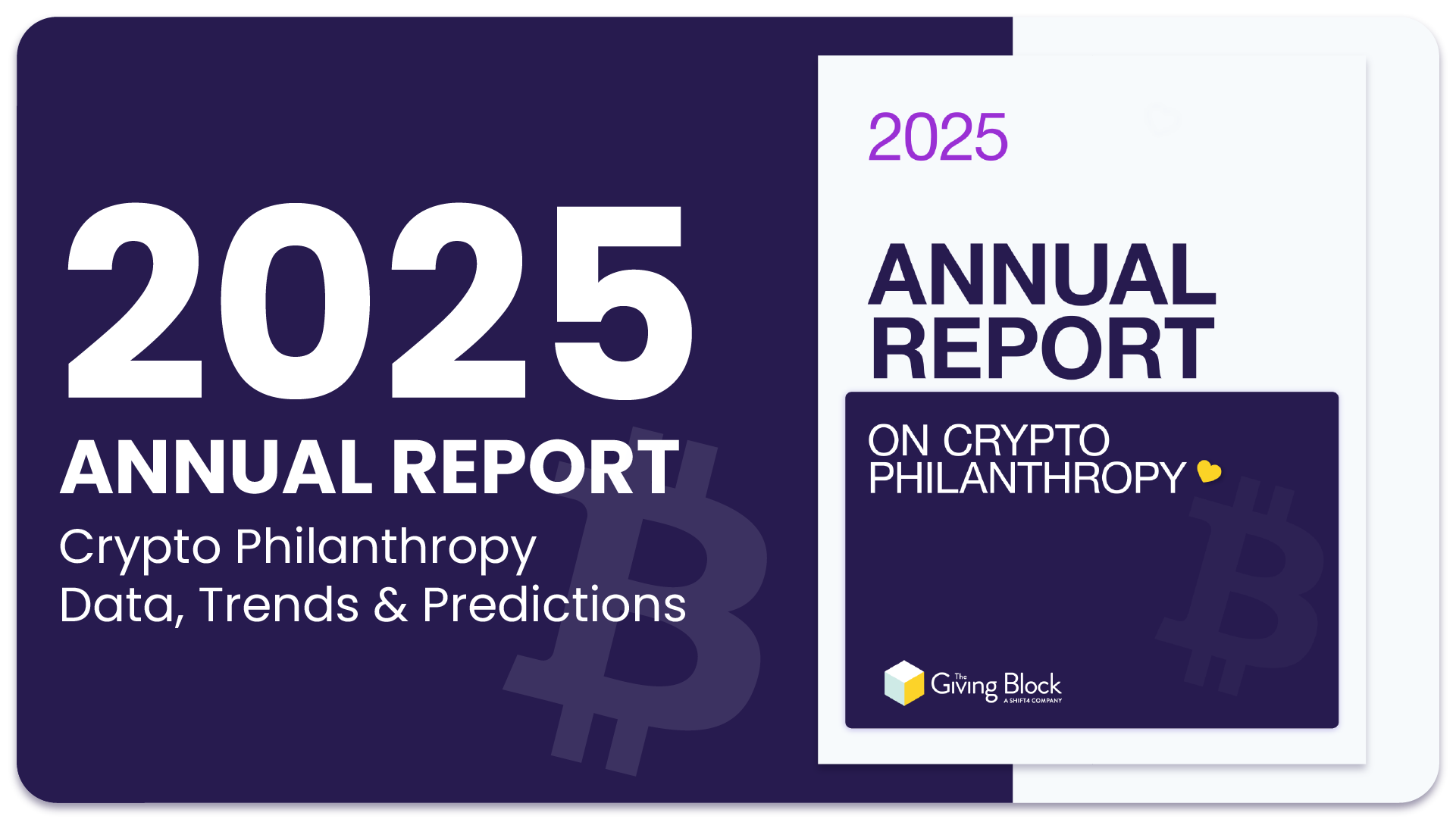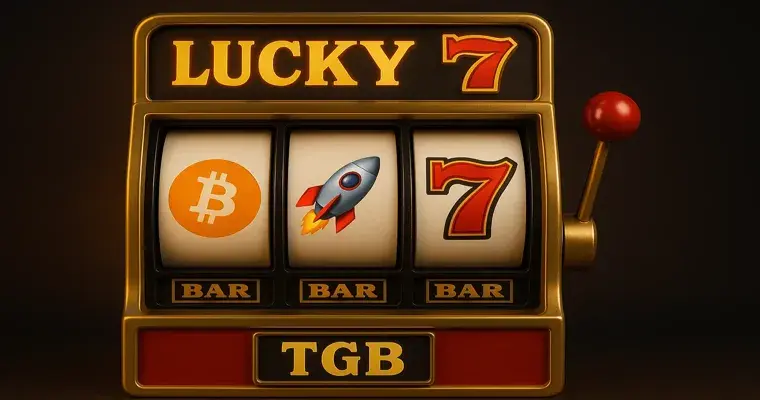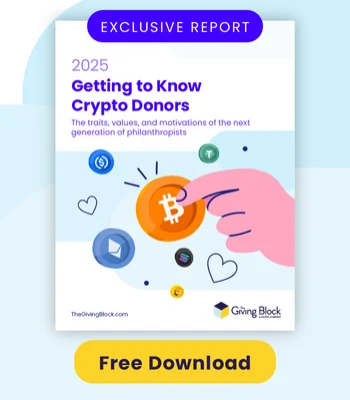Anonymous donations are in the spotlight thanks to the rise of giving methods like Donor-Advised Funds and cryptocurrency donations, which collectively deliver billions in revenue to nonprofits annually.
Seen by some fundraisers as controversial, anonymous giving can present challenges in areas like stewardship and reporting. But a layer of privacy can have a liberating effect on donors, enabling them to support the causes most meaningful to them.
If you’re here so that you can navigate and maximize your organization’s success with anonymous donations, this is just the article for you.
There’s plenty of ground to cover, so let’s start unpacking some of the confusing narratives about anonymous donations and the people behind them.
What are anonymous donations?
First, we should state that there is no “standard” form of charitable giving. But if we’re being candid, most fundraisers share a sense that the modern donation comes in two parts: the gift itself, and all sorts of identifying information about the donor
Unlike this “typical” donation, anonymous donations may not be accompanied by personal details like a full name or a mailing address.
For most anonymous gifts, fundraisers will only see the donation amount, and perhaps an email address where they can send a donation acknowledgement letter for tax purposes.

What are the pros and cons of anonymous donations?
You may have legitimate reasons not to accept anonymous donations. But while some nonprofits have a strict “no anonymous donations” stance, that approach seems to clash with the philosophy of today’s more innovative fundraisers.
Why? Many of today’s most popular ways to give, such as through Donor-Advised Funds (DAFs), make it easy for donors to be at least partially anonymous to the charities they support.
Fundraisers with ambitious annual revenue goals should look at anonymous giving from every possible angle. Here are just a few of the pros and cons we associate with anonymous donors:
The 3 key benefits of accepting anonymous donations 🌟
- Protects personal donor information from public view
- Empowers people to give free of judgment
- Allows donors to choose not to hear from you
The 3 main drawbacks of anonymous donations 🤨
- Minimal data to input into donor database
- Limited ability to express gratitude to donors
- Challenges with future stewardship
The perks of having ample donor data are obvious. The more you know about your donors, the easier it is to proactively keep them updated about your organization, add them to appropriate segment lists, and ask for future support.
On the flip side, you may share those industry-wide concerns about donor fatigue. If so, unlocking an anonymous giving option may be a way to allow your supporters to opt out of communications from you.
Get to know the wide variety of anonymous giving
If your instinct is to associate anonymous donors with shadowy characters and dark money, don’t skip over this section.
You may not realize it at first, but anonymous giving opportunities are everywhere.
Just like there isn’t one “standard” way to give to charity, there isn’t just one form of anonymous donation either. As you’ll soon see, there is more of a spectrum than a black-and-white divide between known and anonymous donations.
Let’s explore some of the types of anonymous gifts your organization may receive in this day and age:
Example #1: Rounding up for charity at a store 🛒💝
We’ve all been prompted to donate on a payment screen. Would you like to give $1, $2 or $5 to support {insert cause}? Over the past 30 years, charity checkout campaigns have raised upwards of $5.3 billion for nonprofit organizations.
But while you can put these donations toward your charitable deductions—if you keep the receipt, that is—your gift will be bundled with everyone else’s and donated directly by the company, not you. There’s no two ways about it: this is a kind of anonymous donation, and one that you and most of your donors have probably made at some point or another.
Example #2: Crowdfunding or peer-to-peer donations 🤝💸
Has your friend ever asked you to help cover a relative’s medical expenses? This is just one example of a crowdfunded fundraising campaign.
Most peer-to-peer giving platforms allow anonymous donations and it’s easy to see why: mixing personal relationships and charity can create friction or give potential donors reason to pause. Will I be judged by how much (or little) I give? Will the amount that I donate encourage others to give or dissuade them? By having that extra layer of privacy, supporters can feel empowered to give what they can, without judgment.
Example #3: Donor-advised fund grants 🧾💼
One of the fastest-growing charitable giving vehicles right now is the donor-advised fund, or “DAF” for short. The DAF is a giving method that allows donors to deposit money in an account and grow the value of it by investing it. At any point, portions of the fund can then be recommended to receiving charities via grants.
It’s common for DAF donors to be relatively invisible to fundraisers. DAFs are managed by public charities or foundations, which act as the more-or-less official distributors of the donations. If your organization has ever received a DAF donation, it’s likely that you saw information about the foundation that sent the money, but not the individual donor who recommended a grant.
Example #4: Cryptocurrency donations 💰🌐
The rise of crypto philanthropy took many fundraisers by surprise. Today, it’s an irreplaceable ingredient for modern fundraising strategy, especially for nonprofits seeking to grow major gifts and acquire younger donors.
Crypto culture values, among other things, a sense of privacy and security, so it makes sense that some crypto donors would want to be anonymous. But not all anonymous donors are alike. For example, some crypto donors are well known crypto community figures, but go by public-facing pseudonyms. It’s not uncommon for a crypto donor to give anonymously to a charity, but publicly acknowledge the donation from their pseudonymous Twitter account.
Example #5: Major cash donations 🤐🎁
Not every donor wants a pat on the back. Does your organization receive support from a major donor that insists on giving anonymously? These modest donors are probably known by name to your fundraising team and leadership, but want to remain out of the limelight and appear in your annual report as “Anonymous.”
Whether they want to protect their identity, wealth, or the causes they support, anonymous donors come in all varieties. These examples just scratch the surface, but make the point that there’s no blanket way to describe an anonymous donor—good, bad, or otherwise.
How can nonprofits accept anonymous donations?
With clarity from your organization and the right tools, it’s no more difficult to accept anonymous donations than it is to accept known donations.
Want to ensure that your nonprofit is ready when the time comes? Here are the three basic steps your organization should follow:
Step 1: Amend your gift acceptance policy to clarify the rules around your anonymous donations.
Step 2: Use a modern donation platform that supports an anonymous giving feature.
Step 3: Acknowledge anonymous donations on your social media accounts.
As you can see, making anonymous donations isn’t just reserved for major donors you’re already close with; it’s a feature of today’s modern fundraising technology stack.
Conclusion: Anonymous donations are integral to modern philanthropy
Anonymous donations may be as old as charity itself, but they’re as popular today as they have ever been.
By offering the option to donate anonymously, your organization can expand the donor pool that is ready and able to support your mission.
Don’t wait for an anonymous donor to reach out and offer your nonprofit a transformational gift. Upgrade your fundraising solution to accommodate today’s philanthropists now.




















